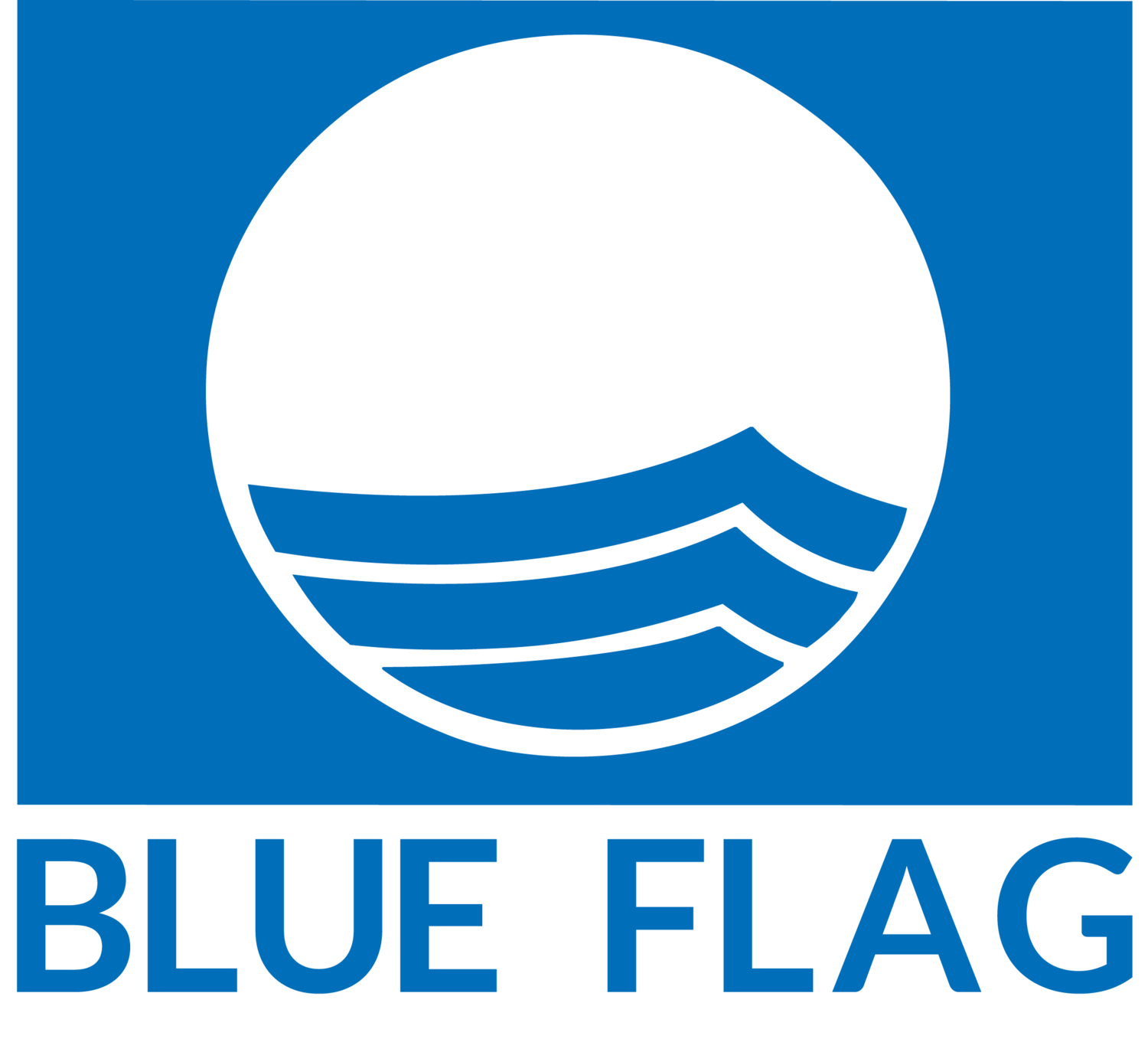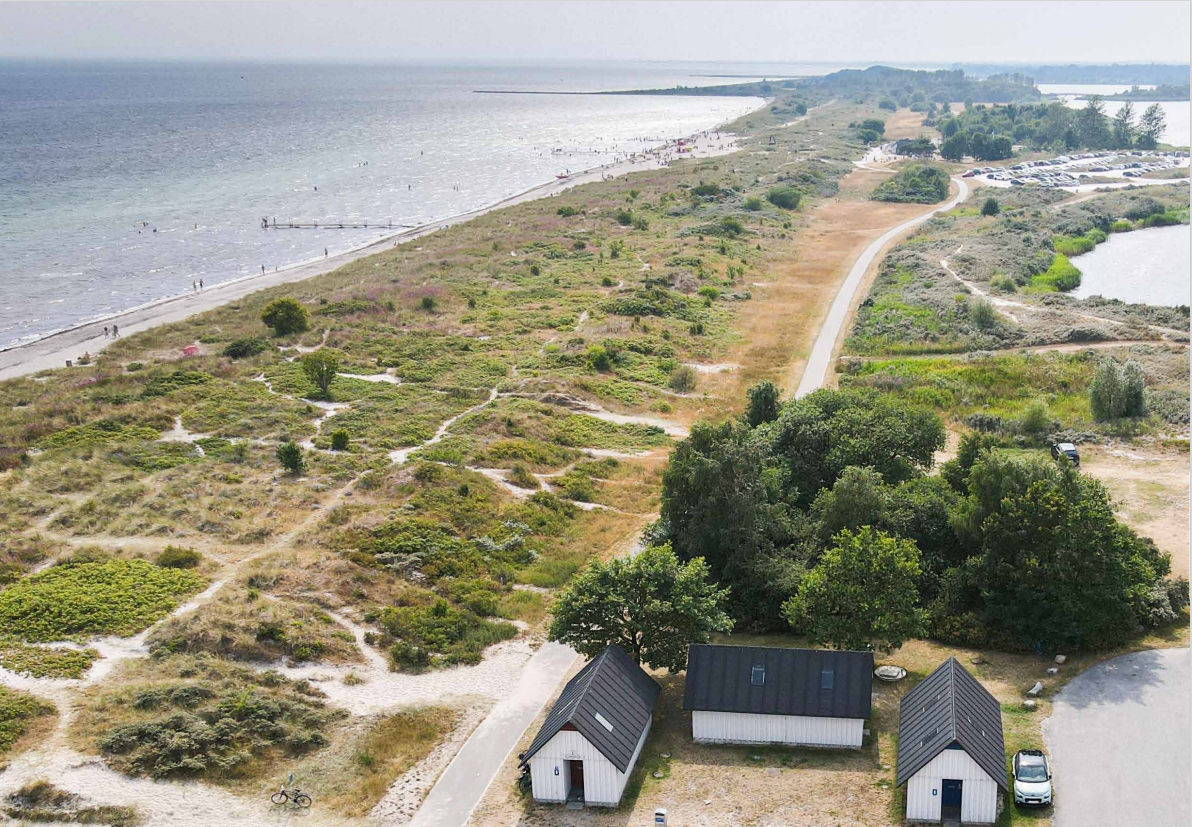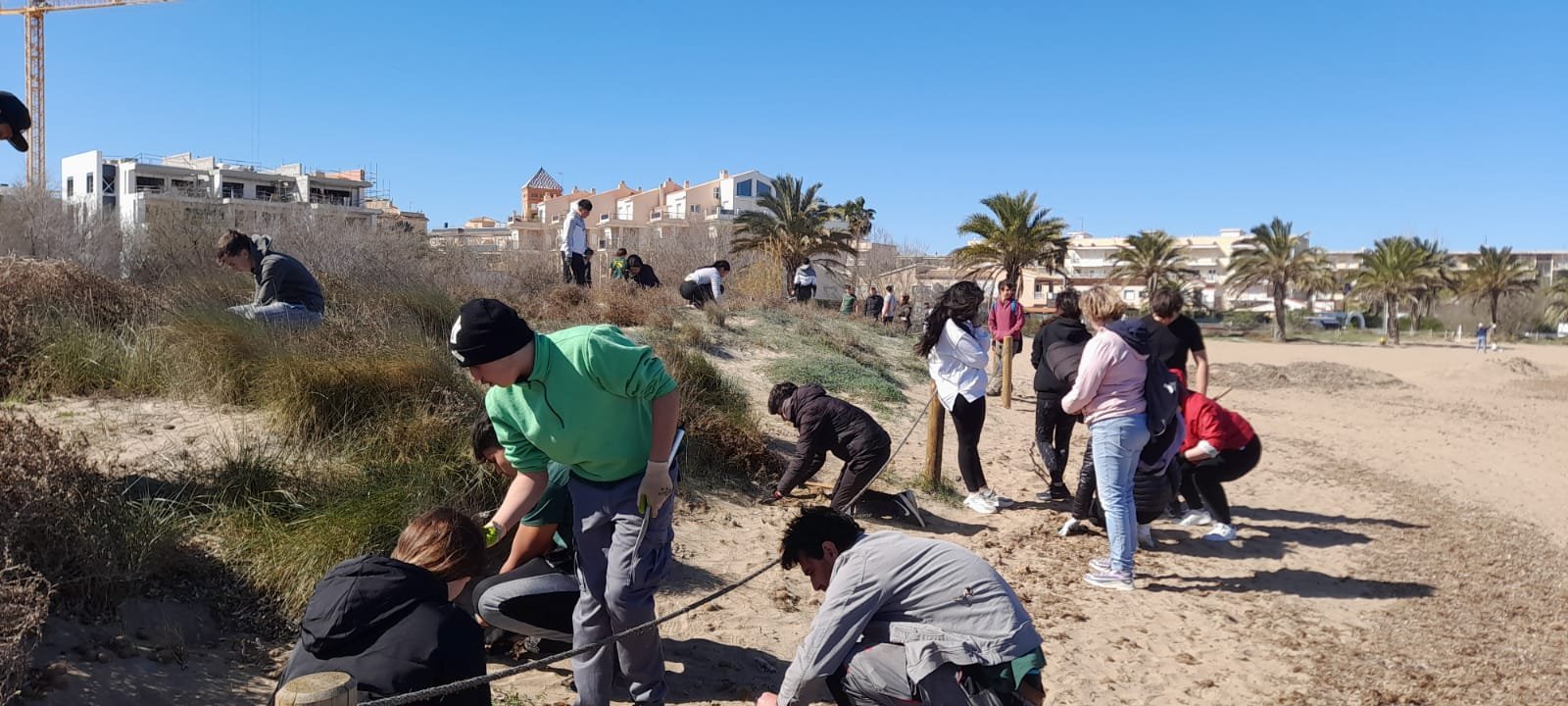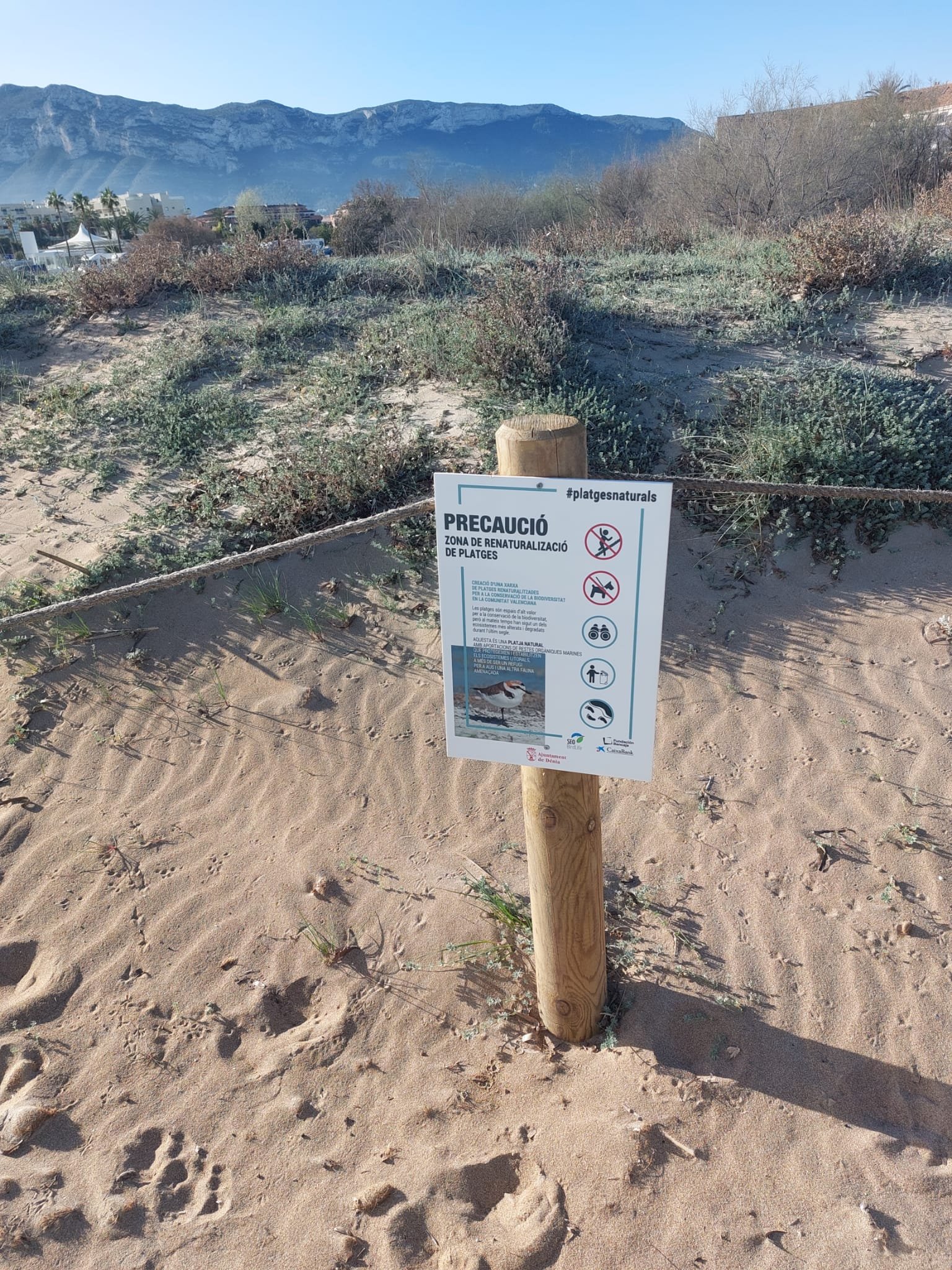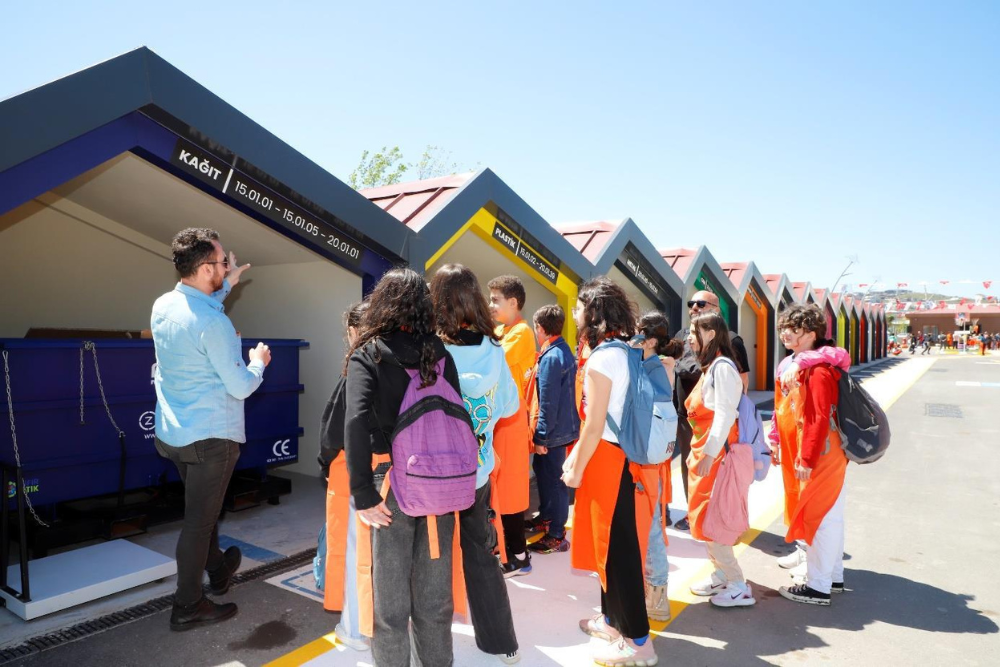As part of the Northern Hemisphere 2025 International Evaluation, Blue Flag International invited the National Operators to share Good Practice examples from their countries. The themes of this edition were:
Measures to prevent pollinator and insect loss
Measure to promote climate adaptation
In total, 22 Good Practices have been submitted by 13 countries as part of the latest International Evaluation round. That included
14 Good Practices related to Climate adaptation;
8 Good Practices related to Pollinator and Insect Loss Prevention;
The International Jury was then presented with a selection of Good Practices during its meeting on the 10th of April 2025, and evaluated the Good Practices within each category. In this process, relevance, creativity, adaptability, collaboration, and replicability were taken into consideration.
The final rankings are presented below, including the winning top Good Practices from each category.
Measure to promote climate adaptation
© Municipality of Ishøj
3rd place - ‘Beach SOS ’,
Municipality of Ishøj, Denmark
The Beach SOS initiative at Køge Bugt Strandpark in Denmark combines large-scale sand nourishment, reinforced dikes, and sustainable tourism infrastructure to enhance coastal resilience, while the expanding Havhytten marine center fosters climate adaptation through education and community engagement.
© Municipality of Teulada
3rd place - ‘Dune Awareness-raising workshops on the beach’,
Municipality of Teulada, Spain
A series of interactive workshops in Playa de la Ampolla de Moraira, Spain, raised awareness among 90 participants about the vital role of seagrass beds and seaweed in coastal protection, promoting respect for natural processes and their importance in combating climate change.
© Hotel Wyndham
2nd place - ‘Coastal Green’,
Hotel Wyndham, Mexico
The Viva Azteca By Wyndham Hotel launched a coastal restoration project, planting 400 native plants to stabilize sand, prevent erosion, and promote biodiversity. The project engages tourists and locals through environmental workshops, talks, and hands-on activities.
© Municipality of Denia
1st place - ‘Environmental volunteering to restore the dune system’,
Municipality of Denia, Spain
An environmental volunteering initiative at Punta del Raset beach mobilised 60 participants to restore dune ecosystems and protect the Kentish plover’s habitat, combining hands-on conservation with educational signage and sand traps to combat erosion, support biodiversity, and foster sustainable tourism.
Measures to prevent pollinator and insect loss.
© Municipality of Gavà
3rd place - ‘BIO Platges met’,
Municipality of Gavà, Spain
BIO PLATGES MET in Gavá, Spain, is a citizen science initiative that engages beachgoers in monitoring pollinators and local biodiversity through educational signage and digital tools, raising awareness and contributing valuable data for ecosystem conservation.
© Municipality of Leiria
2nd place - ‘Pollinator Friendly Schools Network’,
Municipality of Leiria, Portugal
In Portugal, the Pollinator Friendly Schools Network empowered students across six schools to combat pollinator decline by planting native species and creating insect habitats, blending environmental education with hands-on restoration to support biodiversity and sustainable agriculture.
© City of Delray Beach, Florida
1st place - ‘Pocket Parks and Pollinator Gardens ’,
City of Delray Beach, Florida, USA
In Delray Beach, USA, the Pocket Parks and Pollinator Gardens initiative created ten biodiverse green spaces in partnership with residents and the National Wildlife Refuge, combining public engagement, educational events, and citizen science to support pollinators and promote long-term environmental stewardship.
